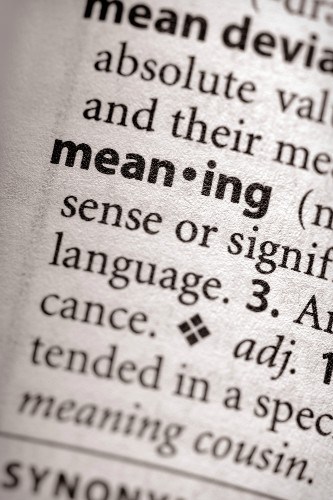About The Word Hydrogen

Learn about the word Hydrogen to help solve your crossword puzzle. Discover Hydrogen definitions and meaning, origins, synonyms, related terms and more at the free Crossword Dictionary.
Hydrogen

| Hydrogen Definition And Meaning |
|---|
What's The Definition Of Hydrogen?
[n] a nonmetallic univalent element that is normally a colorless and odorless highly flammable diatomic gas; the simplest and lightest and most abundant element in the universe
Synonyms | Synonyms for Hydrogen: atomic number 1 | H Related Terms | Find terms related to Hydrogen: See Also | chemical element | element | gas | H2O | tritium | water Hydrogen In Webster's Dictionary \Hy"dro*gen\, n. [Hydro-, 1 + -gen: cf. F.
hydrog[`e]ne. So called because water is generated by its
combustion. See {Hydra}.] (Chem.)
A gaseous element, colorless, tasteless, and odorless, the
lightest known substance, being fourteen and a half times
lighter than air (hence its use in filling balloons), and
over eleven thousand times lighter than water. It is very
abundant, being an ingredient of water and of many other
substances, especially those of animal or vegetable origin.
It may by produced in many ways, but is chiefly obtained by
the action of acids (as sulphuric) on metals, as zinc, iron,
etc. It is very inflammable, and is an ingredient of coal gas
and water gas. It is standard of chemical equivalents or
combining weights, and also of valence, being the typical
monad. Symbol H. Atomic weight 1.
Note: Although a gas, hydrogen is chemically similar to the
metals in its nature, having the properties of a weak
base. It is, in all acids, the base which is replaced
by metals and basic radicals to form salts. Like all
other gases, it is condensed by great cold and pressure
to a liquid which freezes and solidifies by its own
evaporation. It is absorbed in large quantities by
certain metals (esp. palladium), forming alloy-like
compounds; hence, in view of quasi-metallic nature, it
is sometimes called {hydrogenium}. It is the typical
reducing agent, as opposed to oxidizers, as oxygen,
chlorine, etc.
{Bicarbureted hydrogen}, an old name for ethylene.
{Carbureted hydrogen gas}. See under {Carbureted}.
{Hydrogen dioxide}, a thick, colorless liquid, {H2O2},
resembling water, but having a bitter, sour taste,
produced by the action of acids on barium peroxide. It
decomposes into water and oxygen, and is manufactured in
large quantities for an oxidizing and bleaching agent.
Called also {oxygenated water}.
{Hydrogen oxide}, a chemical name for water, H?O.
{Hydrogen sulphide}, a colorless inflammable gas, {H2S},
having the characteristic odor of bad eggs, and found in
many mineral springs. It is produced by the action of
acids on metallic sulphides, and is an important chemical
reagent. Called also {sulphureted hydrogen}.
|
More Crossword Puzzle Words
A | B | C | D | E | F | G | H | I | J | K | L | M | N | O | P | Q | R | S | T | U | V | W | X | Y | Z
Cross Word Of The Day
- Serjeant-at-law ‐ an English barrister of the…
- Roast veal ‐ cut of veal suitable…
- Hunt down ‐ pursue for food or sport (as of wild animals); "Goering often…
- Rose apple ‐ fragrant oval yellowish tropical fruit used in jellies and confections…
- Verdun ‐ a battle in World War I (1916); in some of the bloodiest fighting…
- Lotus americanus ‐ North American annual with red or…
- Sportingly ‐ so as to be sporting; in a…
- Long underwear ‐ an undergarment with shirt and drawers in…
- Glucose tolerance test ‐ test of the body's ability to metabolize carbohydrates; used…
- Pressingly ‐ in a…